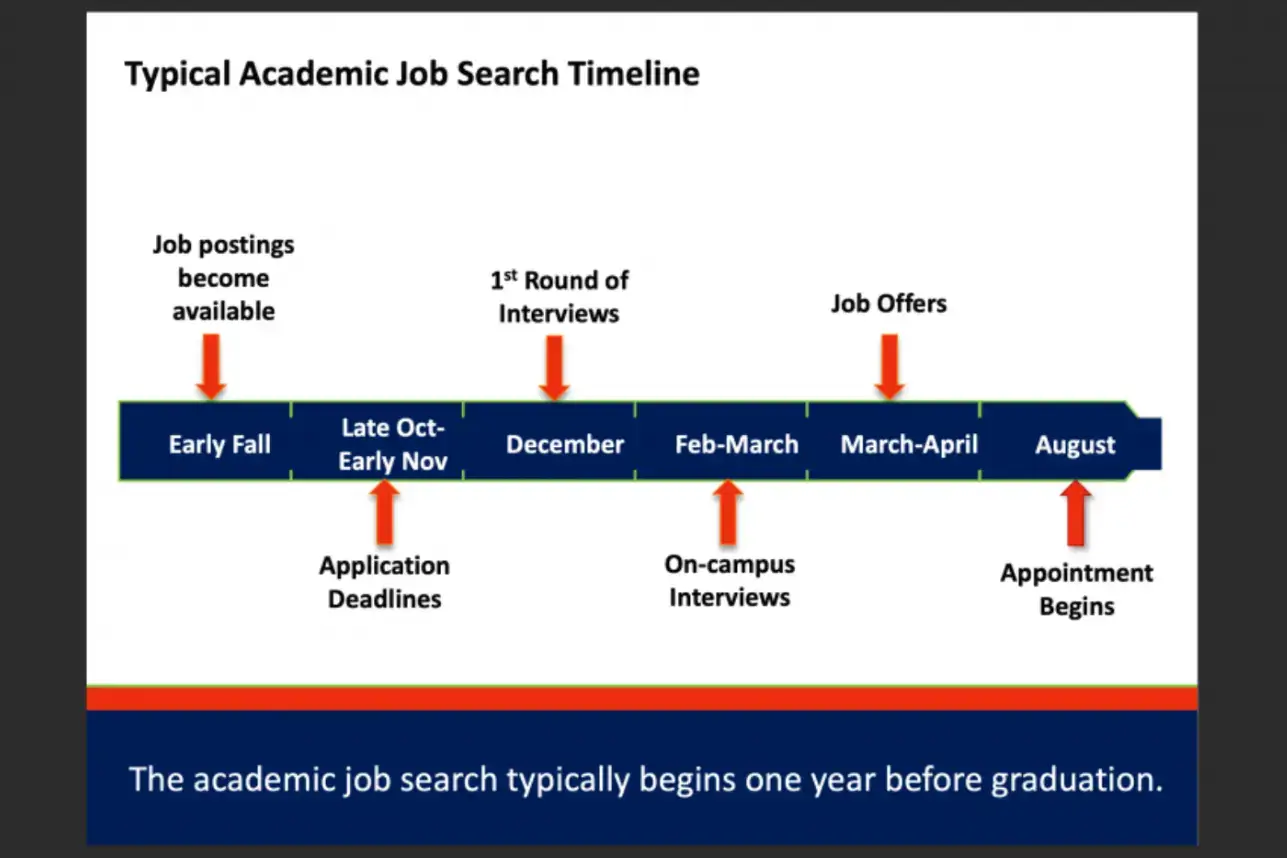When it comes to applying for a job, one of the first hurdles you’ll encounter is the job application form.
Whether you’re a recent graduate entering the professional world or a seasoned professional looking for a career change, understanding the different types of job application forms can make the process much smoother.
These forms are more than just paperwork—they’re your first impression of a potential employer. So, let’s dive into the various types of job application forms you might come across and how to approach them.
1. Online Job Application Forms
Let’s start with the most common type: online job application forms.
In today’s digital age, almost every company uses an online platform for job applications. These forms are typically hosted on the company’s website or job boards like LinkedIn, Indeed, or Glassdoor.
They usually ask for basic information like your name, contact details, work history, education, and sometimes even your social media profiles.
Some forms also include sections for uploading your resume and cover letter, while others might require you to manually input all the details.
To make the most of these applications, ensure that the information provided in the resume is clear, relevant, and aligned with the role you’re applying for.
If you need to tailor your resume manually, make sure it’s ATS-friendly and not overly long. You’re not writing a novel, remember?
One thing to keep in mind with online forms is that they often include pre-screening questions designed to filter out candidates who don’t meet the basic requirements.
Likewise, these forms can be easily shared on the company’s social media for a wider reach.
2. Paper-Based Job Application Forms

Source: LinkedIn
While online forms dominate the job application landscape, paper-based forms are still around despite being slowly phased out. These forms are usually handed out in person or mailed to applicants.
Filling out a paper form can feel a bit old-school, but it’s important to treat it with the same level of care as an online application and aim to stand out amongst the crowd.
Use a pen with blue or black ink, write neatly, and double-check for spelling or grammatical errors. If you make a mistake, don’t scribble it out—ask for a new form if possible.
Although you don’t have to worry about companies using dedicated hosting to protect your personal information, paper is much less safe than digital documentation. So don’t include more than necessary—your full name and email are enough.
3. Internal Job Application Forms
If you’re already employed and looking to move up within your current company, you might encounter an internal job application form. These forms are specifically designed for existing employees applying for a promotion or departmental transfer.
They’re more common in bigger organizations and less so in startups.
Internal forms often focus on performance—your current role, achievements, and reasons for wanting the new position. Some companies require a recommendation from your current supervisor.
The key to acing an internal application is to highlight how your existing experience and skills align with the new role. Since the company already knows you, this is your chance to demonstrate why you’re the best fit.

Source: thomas
4. Government Job Application Forms
Applying for a government job? Prepare for a more detailed and structured process—and a not-so-pleasant user experience.
Government applications are often lengthy and require specific information such as education, work history, and in some cases, financial disclosures.
You may also be asked to provide character references.
Government applications frequently have rigid deadlines and specific formatting requirements. Failing to follow instructions can lead to disqualification.
5. Academic Job Application Forms

Source: University of Virginia
If you’re applying for a teaching or research role, you’ll likely encounter academic job application forms. These forms include sections for publications, research projects, and teaching experience.
Hence, it’s generally a good idea to keep an outstanding resume on hand that clearly and professionally highlights your most relevant experience.
Some applications ask for a teaching philosophy statement or a research proposal—opportunities to showcase your expertise and passion.
Another thing to note is that academic applications often require multiple references, usually from mentors or colleagues familiar with your academic work.
6. Freelance or Gig Job Application Forms
The gig economy is booming, and people are looking for freelance gigs to fund their startup ideas later on. While freelance applications tend to be shorter, they still require attention to detail.
Since freelance roles are often project-based, employers want to ensure you're a good fit for the specific needs of the assignment.
One thing to keep in mind is that freelance applications move quickly. Respond promptly and include relevant, high-quality work samples.
FAQ
1. What are the main types of job application forms?
Online job application forms, paper-based forms, internal forms, government job applications, academic job applications, and freelance/gig applications.
2. Why are online job application forms the most popular?
They offer convenience, faster processing, and widespread accessibility.
3. How should I fill out a paper-based job application form?
Write neatly in blue or black ink, avoid errors, and request a new form if necessary.
4. What makes government job applications different?
They require detailed information, strict formatting adherence, and sometimes background checks or disclosures.
5. How do freelance job application forms differ?
They are shorter, quicker to process, and focus heavily on portfolios, availability, and rates.
Final Thoughts
No matter the type of job application form, approach it with care and precision. Every form is an opportunity to showcase your personality, experience, and strengths.
Remember, the application form is often your first impression—so take the time to present yourself well. Whether online, on paper, or somewhere in between, a well-crafted application can make all the difference.
Good luck!


